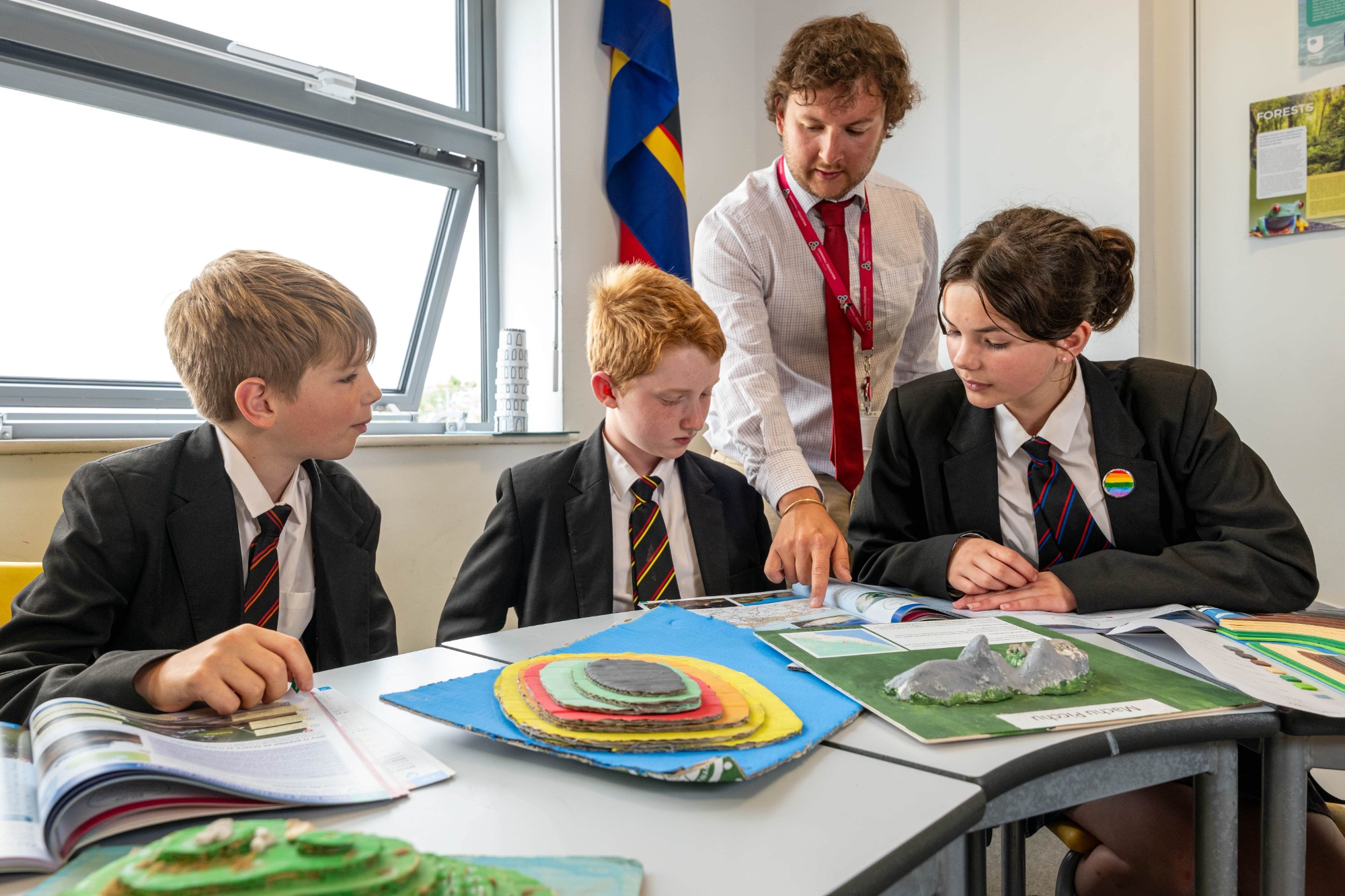Geography

A high-quality geography education should inspire in learners a curiosity and fascination about the world and its people that will remain with them for the rest of their lives.
Teaching will equip learners with knowledge about diverse places, people, resources and natural and human environments, together with a deep understanding of the Earth’s key physical and human processes. As learners progress, their growing knowledge about the world will help them to deepen their understanding of the interaction between physical and human processes, and of the formation and use of landscapes and environments.
Geographical knowledge, understanding and skills provide the framework and approaches that explain how the Earth’s features at different scales are shaped, interconnected and change over time.
Curriculum summary by year group
Future Careers - Geography
Careers in geography include roles such as environmental consultant, urban planner, GIS specialist, climatologist, conservation officer, teacher, and disaster risk analyst, all of which use skills in research, mapping, and problem-solving to understand and manage the natural and human world.
